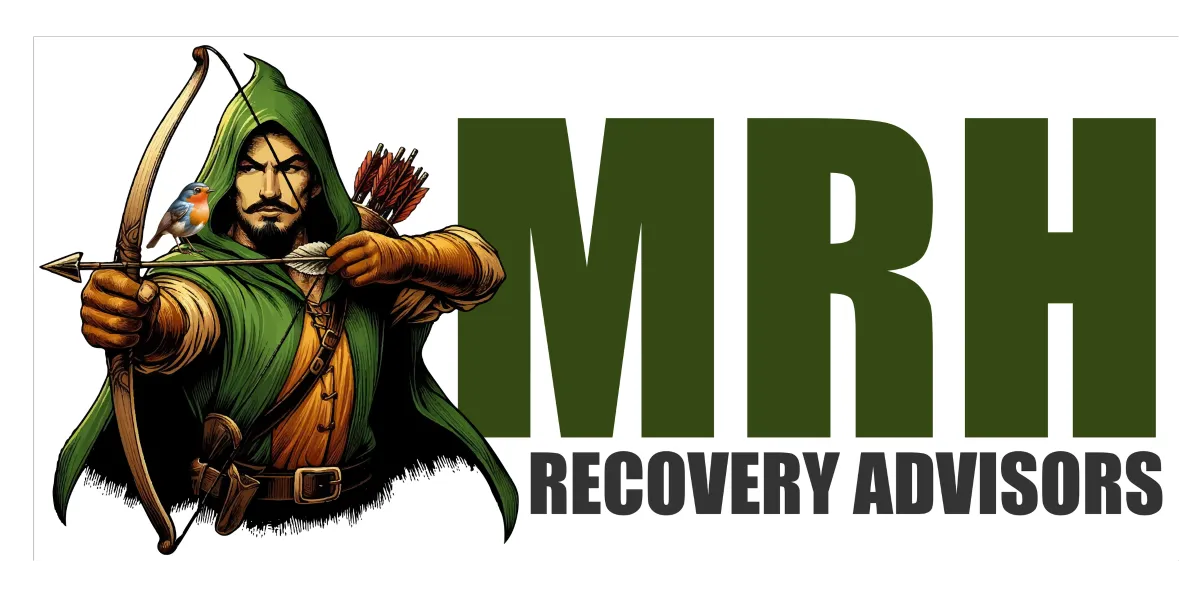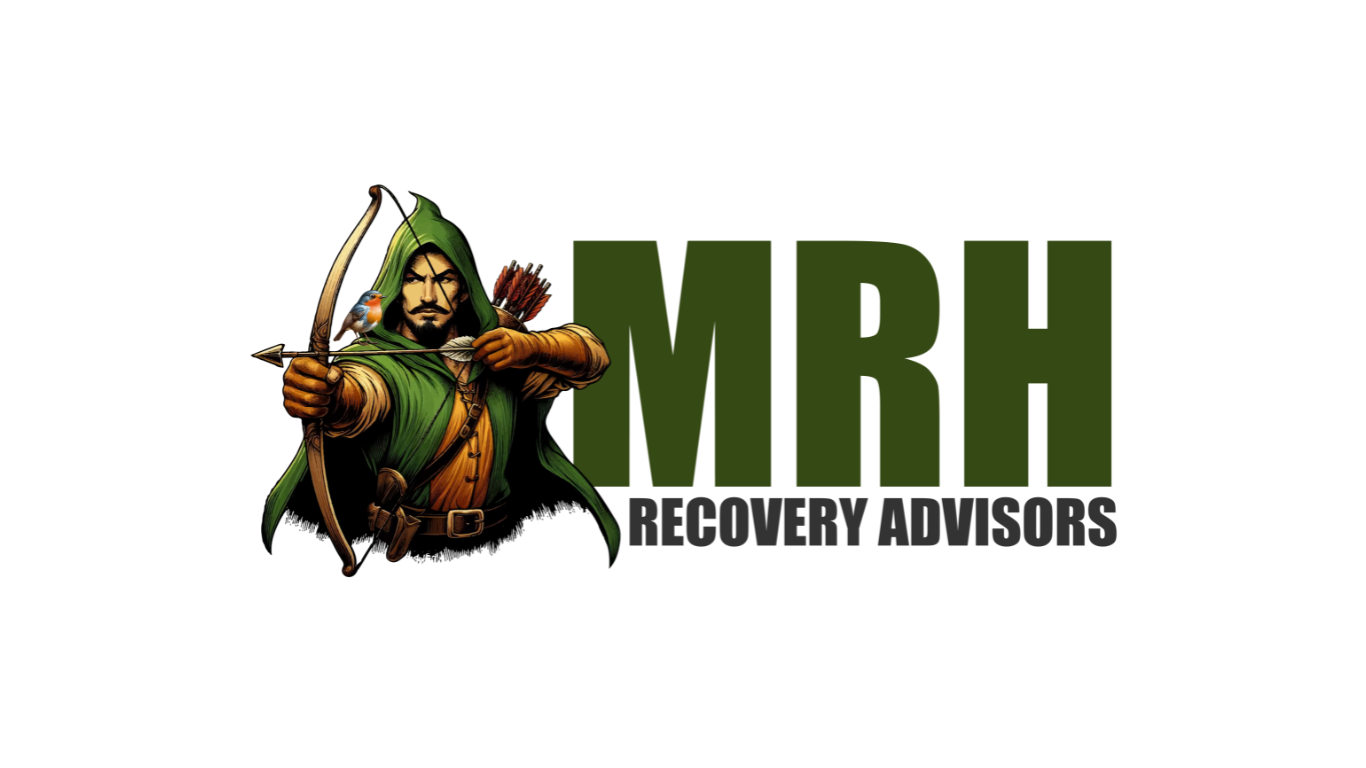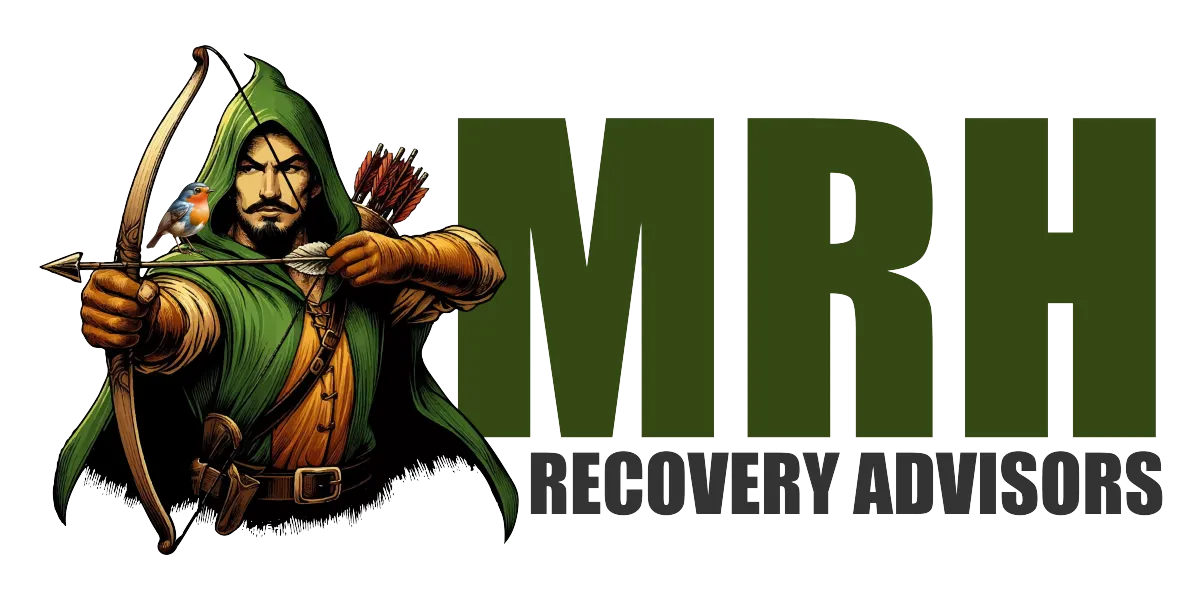Let Us Recover Your Lost Funds: 769-777-4222
Questions?
You have questions, we have answers
Frequently Asked Questions
It's natural to have questions, and we're here to provide clarity. Below are some common questions we receive, along with our answers. If you have additional queries, please don’t hesitate to contact us or give us a call. We're happy to assist you.
What are surplus funds?
Surplus funds, also known as "overage" or "excess funds," occur when a property sells at auction for more than the amount owed during a foreclosure. This can happen with mortgage foreclosures or tax-deed foreclosures. These excess funds belong to the original homeowner or their heirs.
Why would there be funds owed to me?
You have been identified as the rightful claimant because a property you owned went through foreclosure or tax sale, or because you are an heir to such a property.
Where are the funds from?
The funds referred to are held in the county court registry or treasury in judicial states, and in non-judicial states, they are held by a trustee, usually an attorney hired by the bank.
Who can claim surplus funds?
Anyone, including you, can claim surplus funds deposited in the Superior Court following a foreclosure. However, claimants must file a motion and seek a court order to release the funds, providing supporting documentation to justify their claim.
Can I collect these funds on my own?
While it is possible to file a motion with the court independently, it often requires hiring an attorney, which can be costly. Attorneys typically charge hourly rates or contingency fees as high as 40% or much higher, in most cases requiring up-front fees. At MRH Recovery Advisors, we cover all attorney fees and related expenses, working on a contingency basis—meaning we only get paid when you do. If we are unsuccessful, our services are free of charge.
I am not the owner of record; why can I claim the funds?
If you are not the owner of record, you may be identified as an heir. When property owners pass away and their property goes through foreclosure, the heirs are entitled to claim surplus funds. This can include spouses, children, or other relatives as defined by state laws of intestate succession. Our specialists will guide you through the process to ensure you receive what you are entitled to.
How much time do I have to collect these funds?
The time varies from state to state depending on state laws. Additionally, there are risks of fraudulent claims if action isn't taken promptly. We have experience dealing with such fraud and can ensure the rightful owners receive their funds, provided the fraudulent claim has not been paid out.
Will I pay anything upfront to claim these funds?
No, at MRH Recovery Advisors, we advance all costs and fees necessary to process your claim. We only receive payment once we have secured the funds on your behalf, as detailed in our agreement.
What happens if I don’t collect the funds?
If the funds are not collected within the stipulated time, they are forfeited to the state for its use.
My home is selling at an HOA foreclosure, but I have a mortgage on the property. Am I still entitled to surplus funds?
Yes, in most cases, your primary mortgage is a superior lien to the HOA, meaning the mortgage company's lien is not extinguished. The surplus funds from the sale are yours to claim. Our legal team will assist you with the specifics.
I have other liens or mortgages on my property; can they claim my funds?
Possibly, depending on the case details. Each situation varies from state to state laws and based on the parties named in the foreclosure suit. Our team will provide a detailed overview of your specific case at no cost.
How do I know this is not a scam?
At MRH Recovery Advisors, we will never ask for any banking information or up-front fees! The only time anyone will ask for banking info will be between you and our attorneys, if you desire direct deposit of your check. That information is protected under attorney-client privilege when you sign the paperwork to use our attorneys.
Let us help you claim your surplus funds
We always take our clients funds recovery seriously.
Contact Us
(769) 777-4222
Legal
Quick Links
Copyright © 2024 by MRH Recovery Advisors, LLC. Site Designed By The Creative Co.


